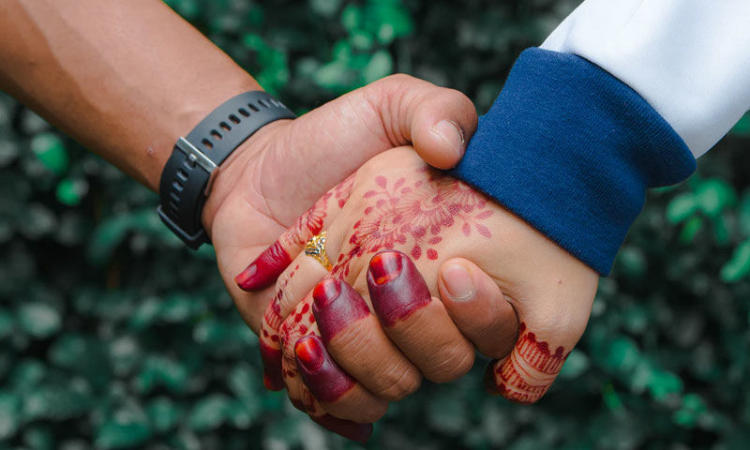Father Legally Bound To Provide Maintenance To Child Born Out Of Interfaith Marriage: Kerala High Court
Hannah M Varghese
15 Dec 2021 1:03 PM IST

It further ruled that an unmarried daughter of an interfaith couple is entitled to reasonable marriage expenses from her father.
Next Story


